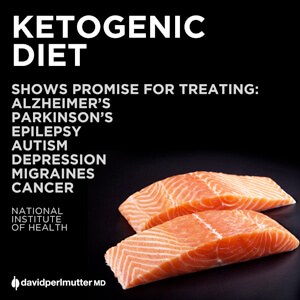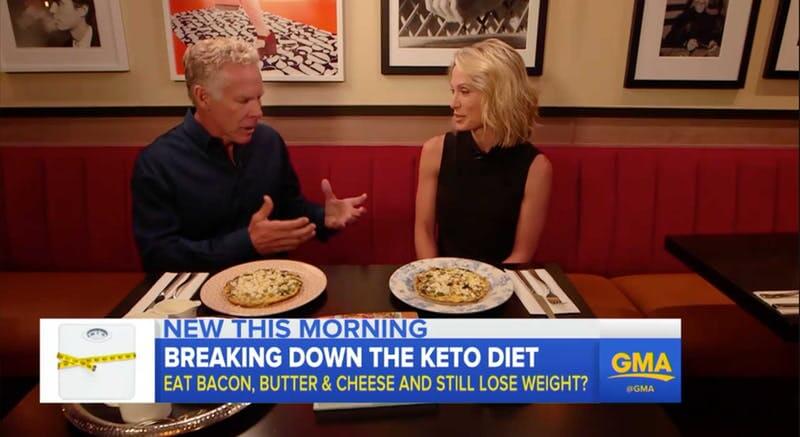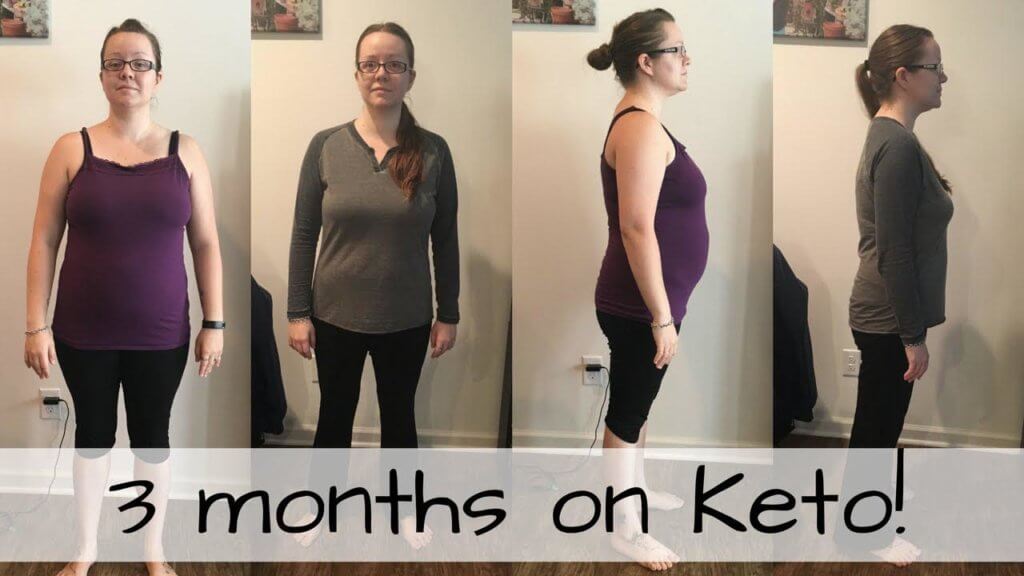From the 1950s through the 1980s, the USDA recommended Americans eat more carbohydrates as part of a balanced diet. Over the years, though, our “balanced diet” has shifted. As households become busier with work, family and other responsibilities, it’s led to eating more processed foods and as a result, we’re gaining weight quicker than ever. These processed foods tend to be full of carbohydrates not only from starches, but from sugar as well. As a result from this, a shocking number of us are suffering from Type 2 diabetes. For this reason, low-carbohydrate diets have become more popular than ever. Many of these start with a extreme drop in carbohydrates for a couple of weeks, and then slowly reintroduce carbohydrates, with the assumption being that an extremely low carbohydrate diet will cause you to lose weight but is not sustainable.
The ketogenic diet challenges that assumption. It’s a diet that drops almost all carbohydrates from the diet, and encourages people on the diet to eat until they are satisfied. Many people are seeing great results from this diet; however, there is a lot of confusion surrounding the diet and it can be hard to know where to start. In theory, it’s a simple diet. Instead of having starches like pasta and bread, you have meats and cheeses and foods full of healthy fat to keep full instead of using carbohydrates to keep full. Perhaps paradoxically, some followers of the diet have reported it helps with bulimia. When we see our friends and family who go on the diet have success, it can be hard to deny it works.
What Are The Benefits Of A Keto Diet?
- Did you know that the keto diet can reduce your hunger? Hunger tends to be the worst side effect of dieting. It is one of the main reasons why many people feel miserable and eventually give up. However, low-carb eating leads to an automatic reduction in appetite. Studies consistently show that when people cut carbs and eat more protein and fat, they end up eating far fewer calories.
- Keto diet can lead to more weight loss “quickly”. Studies illustrate that people on keto diet lose more weight, faster, than those on low-fat diets — even when the latter are actively restricting calories. This is because the keto diet acts to rid excess water from your body, lowering insulin levels and leading to rapid weight loss in the first week or two. In studies comparing the keto diet to low-fat diets, people using the keto diet sometimes lose 2–3 times as much weight — without being hungry. One study in obese adults found the keto diet particularly effective for up to six months, compared to a conventional weight loss diet.
- Keto diet targets your stomach fat. Not all fat in your body is the same. Where fat is stored determines how it affects your health and risk of disease. The two main types are subcutaneous fat, which is under your skin, and visceral fat, which accumulates in your abdominal cavity and is typical for most overweight men. Visceral fat tends to lodge around your organs. Excess visceral fat is associated with inflammation and insulin resistance — and may drive the metabolic dysfunction so common in the West today. The Keto diet is very effective at reducing this harmful abdominal fat. In fact, a greater proportion of the fat people lose on the keto diet seems to come from the abdominal cavity. Over time, this should lead to a drastically reduced risk of heart disease and type 2 diabetes.

- Keto diet will help lower your Triglycerides. Triglycerides are fat molecules that circulate in your bloodstream. It is well known that high fasting triglycerides — levels in the blood after an overnight fast — are a strong heart disease risk factor. One of the main drivers of elevated triglycerides in sedentary people is carb consumption — especially the simple sugar fructose. When people utilize the keto diet, they tend to experience a very dramatic reduction in blood triglycerides.
- Keto diet helps increase your HDL or, “good cholestrol.” High-density lipoprotein (HDL) is often called the “good” cholesterol. The higher your levels of HDL relative to “bad” LDL, the lower your risk of heart disease. One of the best ways to increase “good” HDL levels is to eat fat — and the keto diet includes a lot of fat. Therefore, it is unsurprising that HDL levels increase dramatically on the keto diet, while they tend to increase only moderately or even decline on other diets.
- Keto diet can be a huge help to those with high blood sugar. The keto diet can also be particularly helpful for people with diabetes and insulin resistance, which affect millions of people worldwide. Studies prove that the keto diet can lower both blood sugar and insulin levels drastically. Some people with diabetes who utilized the keto diet may need to reduce their insulin dosage by 50% almost immediately. In one study in people with type 2 diabetes, 95% had reduced or eliminated their glucose-lowering medication within six months!
What Are The Risks of Starting The Keto Diet?

Like any radical change in diet, though, jumping right in and trying to follow the diet can lead to dropping the diet just as quickly. Many people that have started the keto diet have reported that using a “keto guide” to help them stay on track has been the key to their success.
Once you’ve lost weight, the important thing is to stay on a diet that can help you maintain a more healthy weight. If you’ve had trouble staying away from the carbohydrates during your weight loss period, look into a low carbohydrate diet. Be wary of products that claim to be keto-friendly. As with low carbohydrate foods, and low fat foods of decades past, there can be things hiding in the food that will blow your diet out of the water. Be cautious about food such as chocolate and especially candy, pasta, and bread that claim to be keto-friendly–or at least low-carb-friendly–as there are not labeling guidelines for ketogenic friendly foods
As with any other major change in diet, especially if you have health complications such as diabetes, consult with your doctor on whether the ketogenic diet is a good idea for you. Many people claim to have positive results with the keto diet, but keep in mind that it is a tremendous help to have a guide of some sort to help walk you through this journey. Remember, if you stick with it , you will see results in time!


